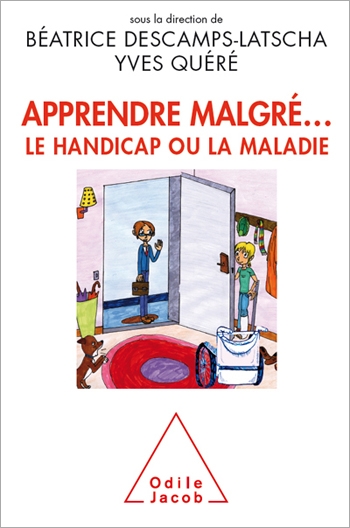Human Sciences All books
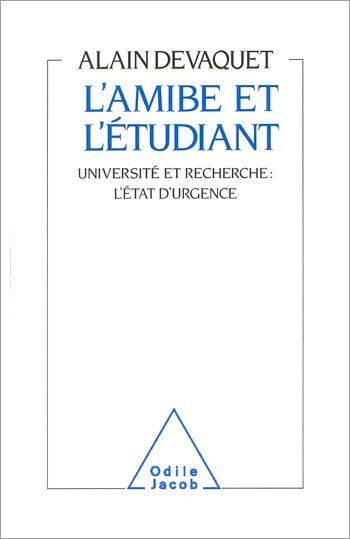
Alain Devaquet
The Amoeba and the Student University and Research: A State of Emergency
The student revolt of December 1986 translated the profound disarray of a university world faced with the mutations at work in modern-day France. In an analysis of the causes of the events that led to the repeal of his project of law on the universities. Alain Devaquet underlines the importance of the stakes represented by higher education and research on the future of a country and formulates an ensemble of propositions in light of their development. Alain Devaquet is a former minister of higher education and research, and a professor at the faculty of sciences of Paris.
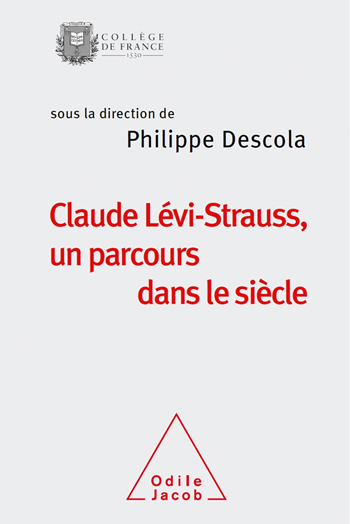
Philippe Descola
Claude Lévi-Strauss, A Journey Through the Century
Eminent specialists on Claude Lévi-Strauss, his disciples and intellectual heirs, from Brazil, Canada, France and the U.S., give us a wide-ranging view of every facet of the works and thought of the author...
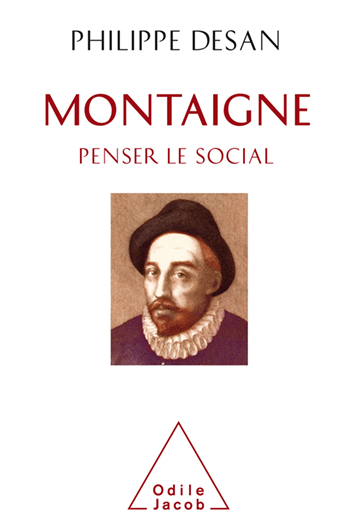
Philippe Desan
Montaigne Thinking about the Social
A study destined to become a work of reference, one that will be required for all courses on Montaigne.
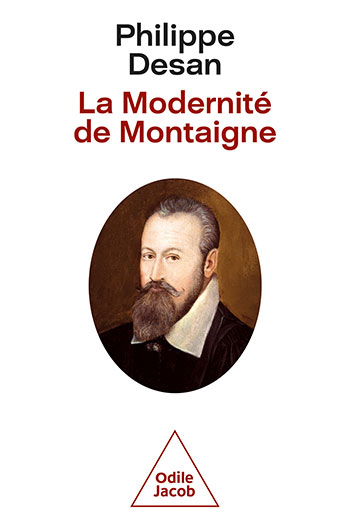
Philippe Desan
Montaigne The Self, the Other and Time
A reference book by one of the best Montaigne specialists in the world.
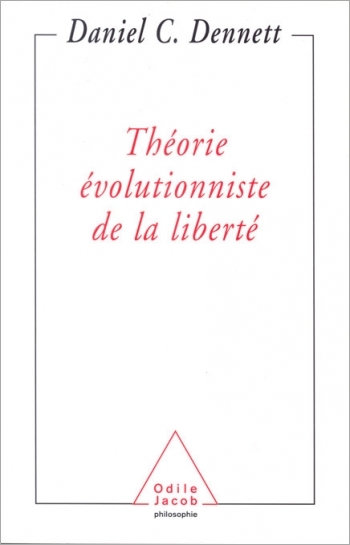
Daniel C. Dennett
Evolutionist theory of freedom
Billions of years ago, there was no freedom on earth, for the simple reason that there was no life. What forms of freedom have evolved since the first stirrings of life? Can freedom and free will exist in a deterministic universe? If we are free, are we responsible for our freedom, or is it governed by chance? Drawing on evolutionary biology and the cognitive sciences, Daniel Dennett provides a series of unorthodox replies to these traditional philosophical questions. It is generally held that what is determined is inevitable and that freedom can only exist in a non-deterministic universe. This is untrue, says Dennett. It is also held that in a pre-determined universe, we have no real choices: all we have is the illusion that we can choose. This too is false, argues Dennett. He then goes on to explain how, some day, we will be able to create robots endowed with free will. In this groundbreaking book, written in a striking, lively style, Dennett interweaves philosophical creativity with the latest scientific developments, and challenges a series of philosophical orthodoxies. Daniel C. Dennett is University Professor and Director of the Center for Cognitive Studies at Tufts University, Mass., U.S.A. He is the author of Consciousness Explained and Darwin's Dangerous Idea.
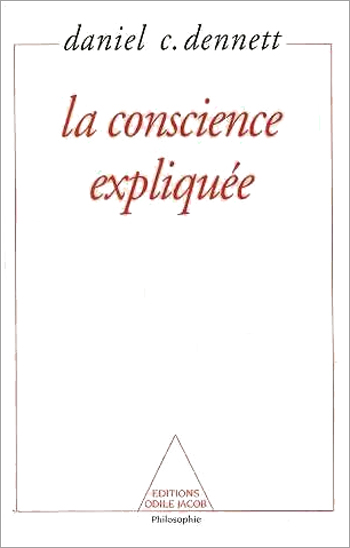
Daniel C. Dennett
Consciousness Explained
What is it that transforms a small piece of matter into an animated being? What is it that gives to certain physical structures the enigmatic privilege of feeling sensations and having experiences? Conscience. But what do we know about conscience? Daniel C. Dennet proposes a new explicative model founded on the modern revelations of psychology, neurology, and artificial intelligence. Daniel C. Dennett directs the Center for Cognitive Studies at Tufts University. He is one of the leaders in the philosophy of the spirit in the United States.
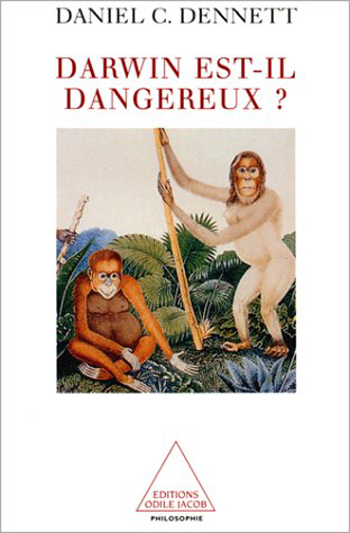
Daniel C. Dennett
Darwin's Dangerous Idea: Evolution and the Meanings of Life
In this book, he confronts this approach with the ideas of Charles Darwin and Darwinism, and addresses the question of evolution. What are the implications of the theory of evolution by natural selection? Why is evolution such a disturbing idea, not only for religious believers but also for philosophers and even for some biologists? How does it affect the concept of mind? In the midst of the current neo-Darwinian wave, this book offers a timely dialogue between the ideas of an important contemporary philosopher and those of the greatest nineteenth-century biologist. Daniel C. Dennett teaches cognitive sciences at Tufts University.

